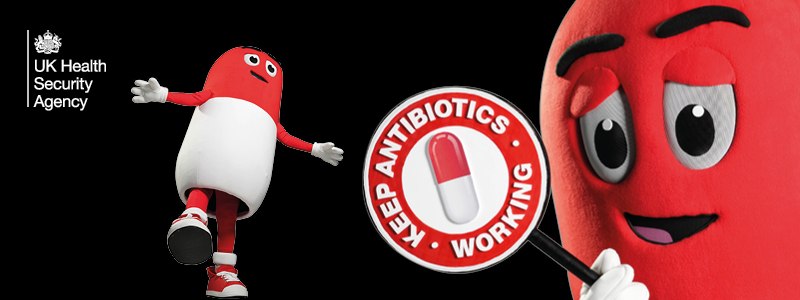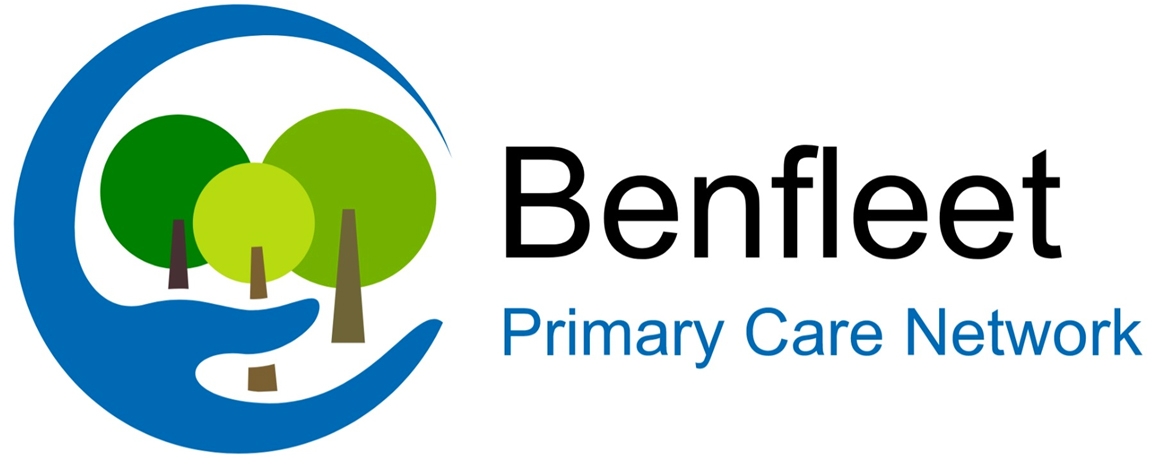Bacteria are becoming resistant to medicines at an increasing rate, turning once-treatable
infections into potentially life-threatening conditions. This growing crisis – known as
antimicrobial resistance (AMR) – is deepening health inequalities across our society:
- People in deprived areas face a 42% higher risk of developing antibiotic-resistant
infections - While 90% of antibiotic-resistant infections occur in white ethnic groups, Asian and
Asian British communities experience the highest proportion of antibiotic resistant
infections (nearly 40% of infections) - Our declining ability to treat and prevent infections is having an increasing impact,
particularly on our poorest communities, who are already more likely to face barriers
in accessing healthcare.

Why is this happening? While bacteria naturally develop resistance over time, the misuse
and overuse of antibiotics is speeding up this process, putting our most vulnerable
communities at risk.
Take action to protect you and your community:
- Remember: Antibiotics are ineffective against colds and flu. Your body can fight these
infections on their own. - Only use antibiotics when prescribed by a healthcare professional
- Always complete the full course as directed by your healthcare professional
- Never save antibiotics for later, or share them with anyone else.
Dr Colin Brown, Deputy Director at UKHSA, said:
“We know that antimicrobial resistance is a crisis that is with us right now. There is a
long way to go in this fight, but alongside partners, we have made important progress
in recent years. We have developed cutting-edge surveillance, techniques and
modelling to inform interventions, with ongoing research to improve prescribing practices. We are also continually testing different therapeutic approaches to treat
multidrug resistant organisms.Everyone can help us in this fight by only taking antibiotics if you have been told to do so by a healthcare professional. Do not save some for later or share them with friends and family. Treat antibiotics with respect and they will be there to help us all in the future.”
